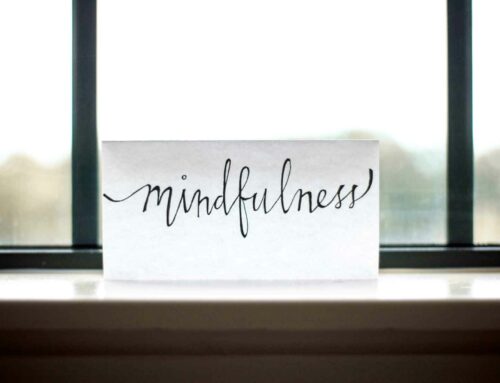Is your teen or young adult prone to hysterics, black and white thinking, dramatic mood changes and/or emotionally intense outbursts? Many young people who suffer from disorders such as borderline personality disorder or intense depression have great difficulty regulating their emotions. This kind of emotional dysregulation can make it challenging for a young person to tolerate traditional therapy. The introspection traditional approaches require can trigger powerful reactions, sometimes making things worse instead of better.
Dialectical behavioral therapy, or DBT, is a synthesis of several therapeutic approaches that was designed primarily to treat disorders involving emotional dysregulation; including borderline personality disorder and extreme emotional lability or volatility. In contrast to free-flowing and introspective talk therapies, DBT is a highly structured approach to treatment. Using a combination of western cognitive-behavioral techniques, psycho-educational modules and eastern mindfulness practices, DBT fosters the systematic learning of new emotional coping skills. It also gradually challenges the negative, fallacious thoughts or beliefs that are often the source of emotional turmoil.
DBT is based in part on the idea that, unlike the black and white thinking that often accompanies emotional dysregulation, opposites can actually coexist and be synthesized. Working patiently to foster this “shades of grey” approach to living has proven quite effective for adolescents experiencing mood dysregulation and impulsivity. DBT emphasizes taking responsibility for one’s problems and examining how one habitually deals with conflict and negative feelings. Goals of DBT include identifying maladaptive coping patterns and teaching adaptive coping strategies to promote healthier lifestyles and psychological well-being. DBT calls on the young person to accept reality while maintaining a strong and conscious commitment to change.
DBT has also been modified so that it can be used with a wide range of difficulties such as eating disorders, substance use, self-harm and anger management. DBT targets issues that cause intense distress and teaches practical skills for dealing with these issues that allow the young person to avoid habitual self-defeating behaviors. DBT helps young people understand that on the one hand they are doing the best they can right now, but on the other hand there are opportunities for specific and positive change.




